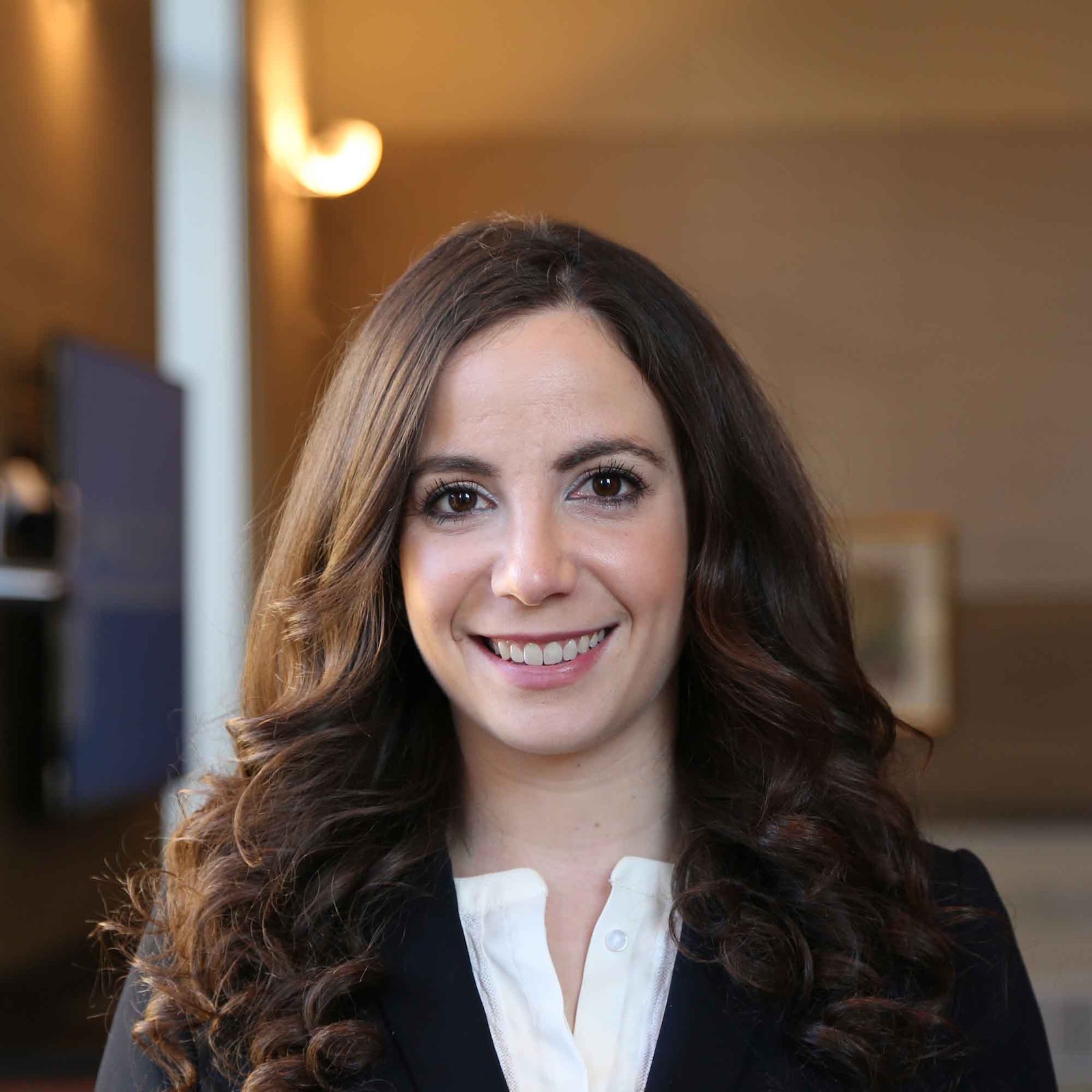
Is the Chinese consulate in New York full of spies?
In a political climate fraught with tension, bitterness, and division, and aggravated by the coronavirus pandemic, the closing of Chinese consulates seems to have become a priority for the Trump Administration. Yet, are there underlying political reasons behind the closings that have little to do with espionage?
According to Secretary of State Mike Pompeo, the Chinese consulate in New York is being used as a major hub for the Communist nation’s U.S. espionage efforts. Pompeo told The Post more agents will probably be arrested by the Department of Justice, “They’re engaged in activities where they’re crossing the line from normal diplomacy to the kinds of things that would be more akin to what spies are doing,” said Pompeo.

Bedlamite quisling
Pompeo’s remarks followed the arrest of an NYPD officer charged with serving as a secret agent for the Chinese government – a charge China has denied – and the US government’s decision to shut down the Chinese consulate in Houston in July, after two military assets there were charged with trying to steal COVID–19 vaccine research.
During a speech to state lawmakers there, the former CIA director warned that Chinese Communist Party (CCP) officials were engaged in a full–scale propaganda operation at the state & city level, and identified the Big Apple’s consulate as “very politically active.”
Chinese consulates in San Francisco & New York have been often accused of trying to steal trade secrets from nearby Silicon Valley, or information on the Big Apple’s Uighurs & Chinese dissident groups. Pompeo said this could even extend to the United Nations headquarters in Manhattan, and that the Trump administration was keeping a very close eye on the number of diplomats working in the U.S.

Spying is as spying does
Embassies & consulates around the world commonly facilitate spying for political purposes, and China is quite active in this space. However, the U.S. government distinguishes such routine spying from economic espionage, or corporate espionage, which is a federal crime in the United States.
Among the hundreds of corporate espionage-related cases brought across the country in the past few years, there have only been a few tied to Texas or Chinese consulate in Houston. The most striking inquiry into strange behavior by researchers in the region was a controversial seventeen-month FBI investigation involving scientists at Houston’s MD Anderson Cancer Center that resulted in no criminal charges.
It’s possible the Chinese consulate in Houston was involved in unpublicized activities, but the Trump administration has provided little evidence beyond the broad statements made by Pompeo & others.

Paper-thin proof
Lindsay Gorman, of the German Marshall Fund’s Alliance for Securing Democracy, said the thin information makes it possible this is “just another escalation of the anti–China strategy that we have seen the White House really double down on over the last couple weeks & months.” She added, “China’s espionage & China’s authoritarian rise” are concerning but a focused strategy is needed.
The New York Times recently obtained a document that reportedly outlined several FBI investigations connected to the Houston Chinese consulate. One highlighted investigation was “talent recruitment plans to persuade more than fifty researchers, professors & academics in the area to turn over tightly held research or information to Chinese institutions.”
That probably refers to the Thousand Talents Plan recruitment scheme created by the CCP to attract prominent researchers, particularly ethnic Chinese, to work in China. Although it was linked to a few technology transfers or intellectual property thefts, most violations were grant fraud or unreported research affiliations — not an imminent threat to U.S. national security.

Autochthonous agitation
As part of the investigation, MD Anderson gave the FBI access to the network accounts of twenty–three employees. In the end, some ethnic Chinese researchers lost their jobs, resigned, or unexpectedly retired, but no one was charged with a crime relating to economic espionage or intellectual property theft. The affected researchers included endowed professors, a senior administrator, and a former department chair.
Critics now worry that the MD Anderson saga is being exploited for political gain. “It started with a few scientists, with those few isolated incidents, and gradually heated up to the consulate being closed,” said Helen Shih, a Houston–area medical practitioner and community organizer. “If you connect the dots, then you can see where it’s headed. The U.S. government has been playing this China card since Trump came into office.”






